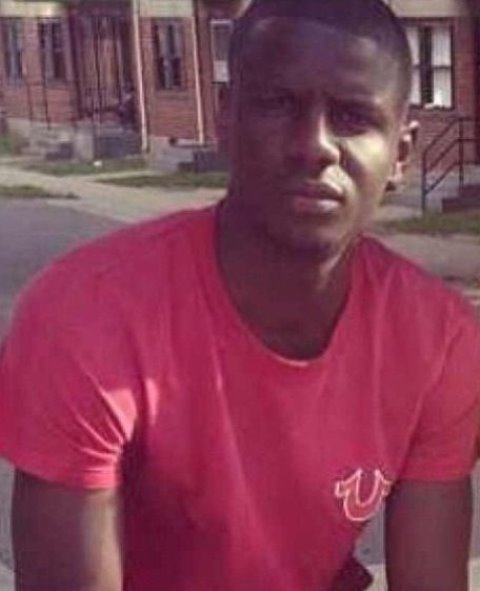A federal judge in Baltimore on Thursday heard nearly four hours of public testimony from dozens of passionate voices, almost all with an identical message for the court: sign off on sweeping police reforms now.
One after another, students, activists, lawyers, ministers and a rabbi, at least one former member of the Baltimore Police Department and many other concerned citizens, told the court it should waste no time in giving its seal of approval to the federal consent decree that would put those reforms into action.
Less than three months ago, Baltimore and the Justice Department under Attorney General Loretta Lynch agreed the terms of the decree after a federal investigation of Baltimore police found patterns of unconstitutional behavior, racial discrimination and excessive force. The investigation was launched following the death of Freddie Gray.
Yet in federal court on Thursday, the Justice Department made it clear to a packed courtroom that new leadership at the department is in the process of reviewing the decree — and that Attorney General Jeff Sessions has “grave concerns” about it.
“I’m bound to convey to the court that the new Attorney General and the new department leadership have some grave concerns about this particular decree and whether it will in fact achieve the goals of promoting public safety and strengthening law enforcement while at the same time protecting civil rights,” Deputy Assistant Attorney General of the Civil Rights Division, John Gore, told US District Court Judge James Bredar.
Justice Department wants more time
Gore asked the judge “for the reasonable time of at least 30 days” to assess the decree.
Bredar appeared to find it curious that the department was asking him for additional time to review an agreement to which it is a party, asking Gore: “But the United States already signed the agreement?”
While Gore acknowledged the “crucial need for police reform and for restoring public confidence in law enforcement in Baltimore,” he nevertheless said the department was looking into whether there are “better ways” to achieve those goals.
Speaking on behalf of the city’s mayor and city council, Acting Baltimore City Solicitor David Ralph called the agreement “fair and reasonable” and “a heavily negotiated document.”
He also challenged the notion that fighting crime and promoting civil rights were “interests at odds.”
“When we negotiated this consent decree over several months, we designed it, we created it to be consistent, that these interests both for strengthening our police department and the fight against crime and fostering civil rights to be consistent and synergistic,” Ralph said.
‘Innocent people are dying’
Procedural wrangling over the proposed decree, however, was not the main event.
The hearing was an opportunity for the public to have its say, and nearly 50 community members stepped forward to tell their stories.
While the crowd was diverse, their stories were consistent and gut-wrenching. There were tales of children killed, domestic violence survivors living in fear — and of those with mental-health challenges being abused by Baltimore police.
The vast majority encouraged Bredar to enter the consent decree without delay.
“Innocent people are dying, the status quo cannot stand,” Rabbi Daniel Burg told the judge, “What a story it would make if Baltimore became a story about what is right in policing.”
